"Taiwan-Vietnam Traditional Culture Forum": Exchange on Achievements in Historic Building Restoration, Cultural Landscape Planning, and Intangible Cultural Heritage.
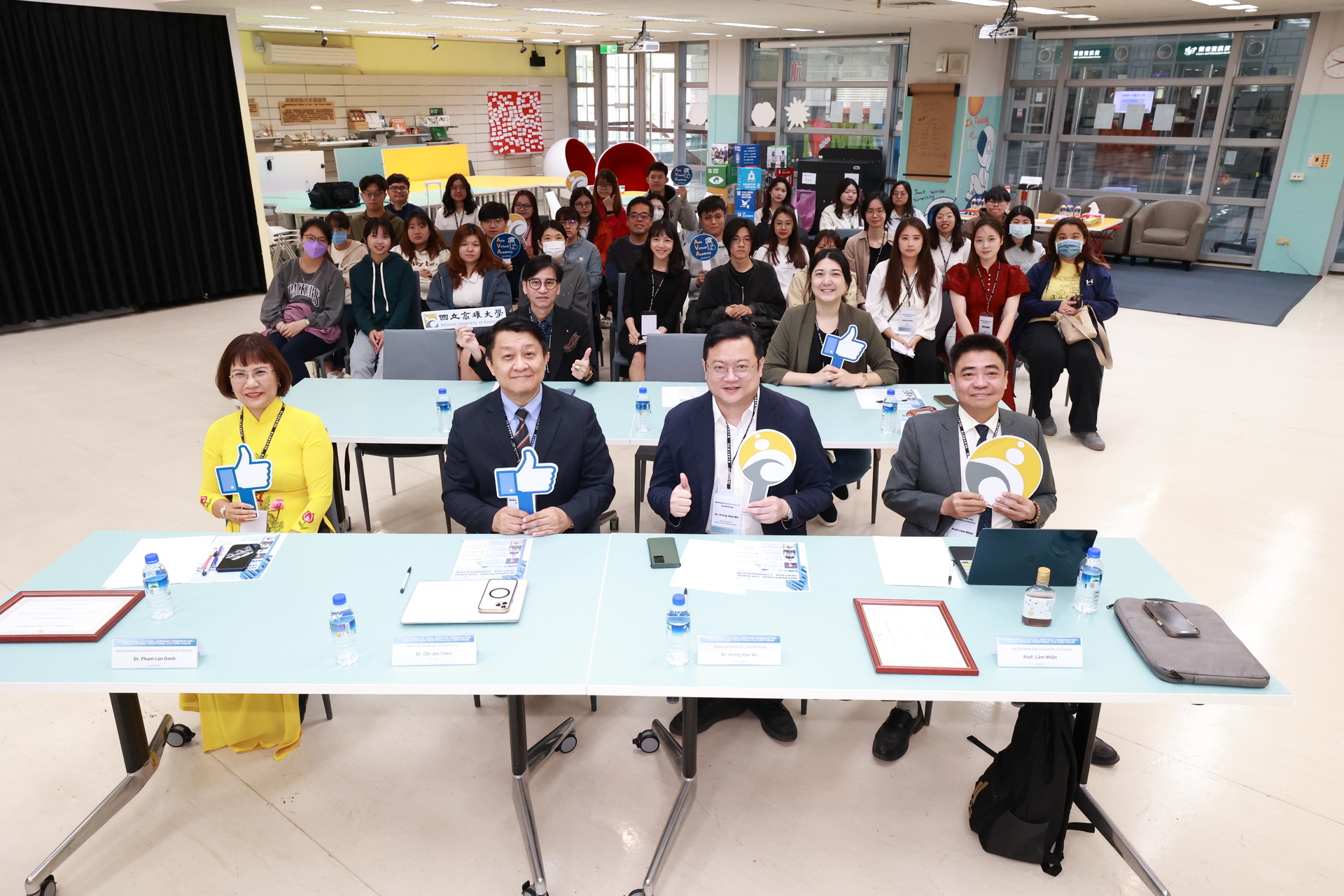
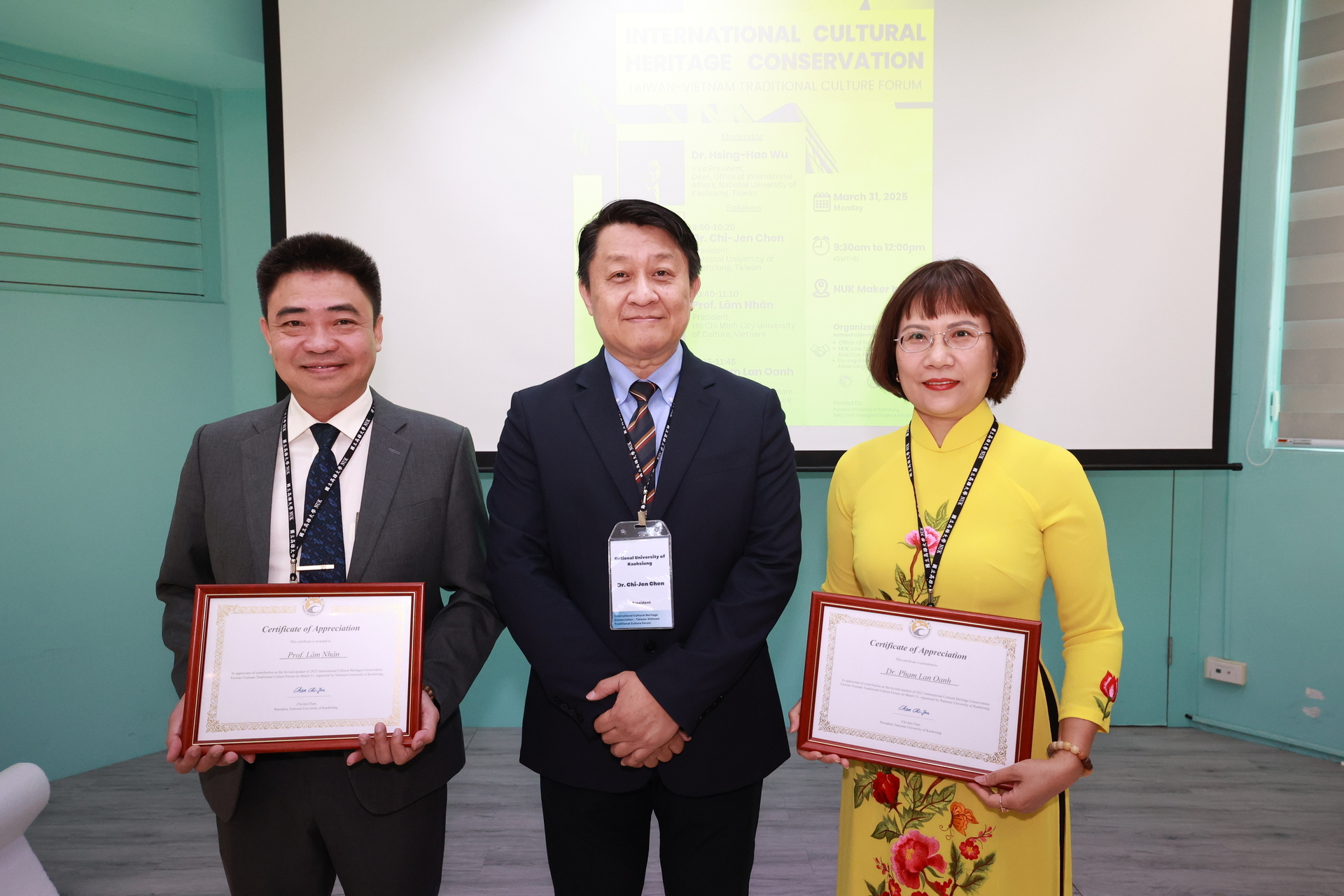




【Text: Kuang-Hsiung Pei, Head of the International Student Recruitment Division, Office of International Affairs; Edited by: Public Affairs Section】
【Translator:Siou-Yao Han】
【Promotion of the United Nations Sustainable Development Goals (SDGs) series】
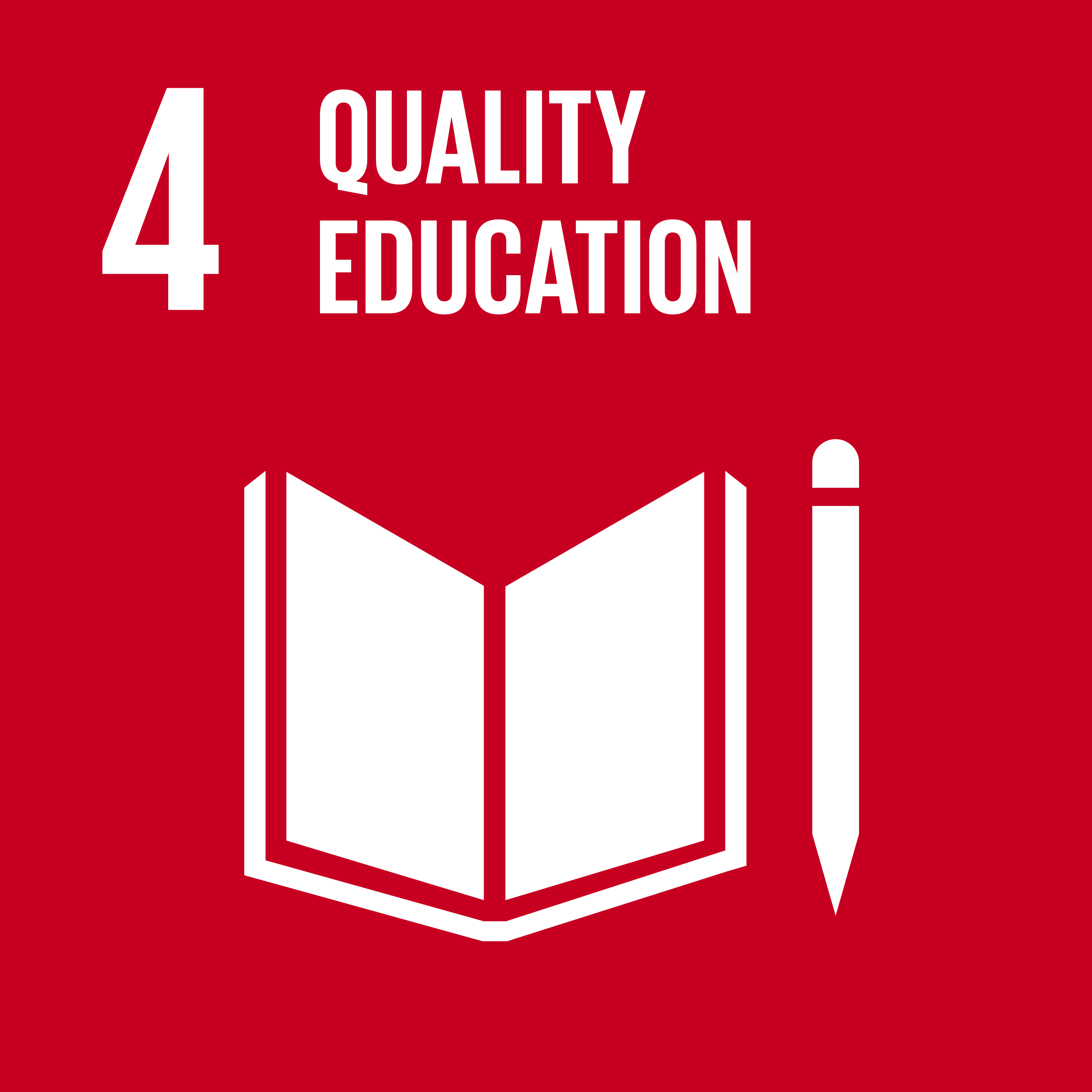
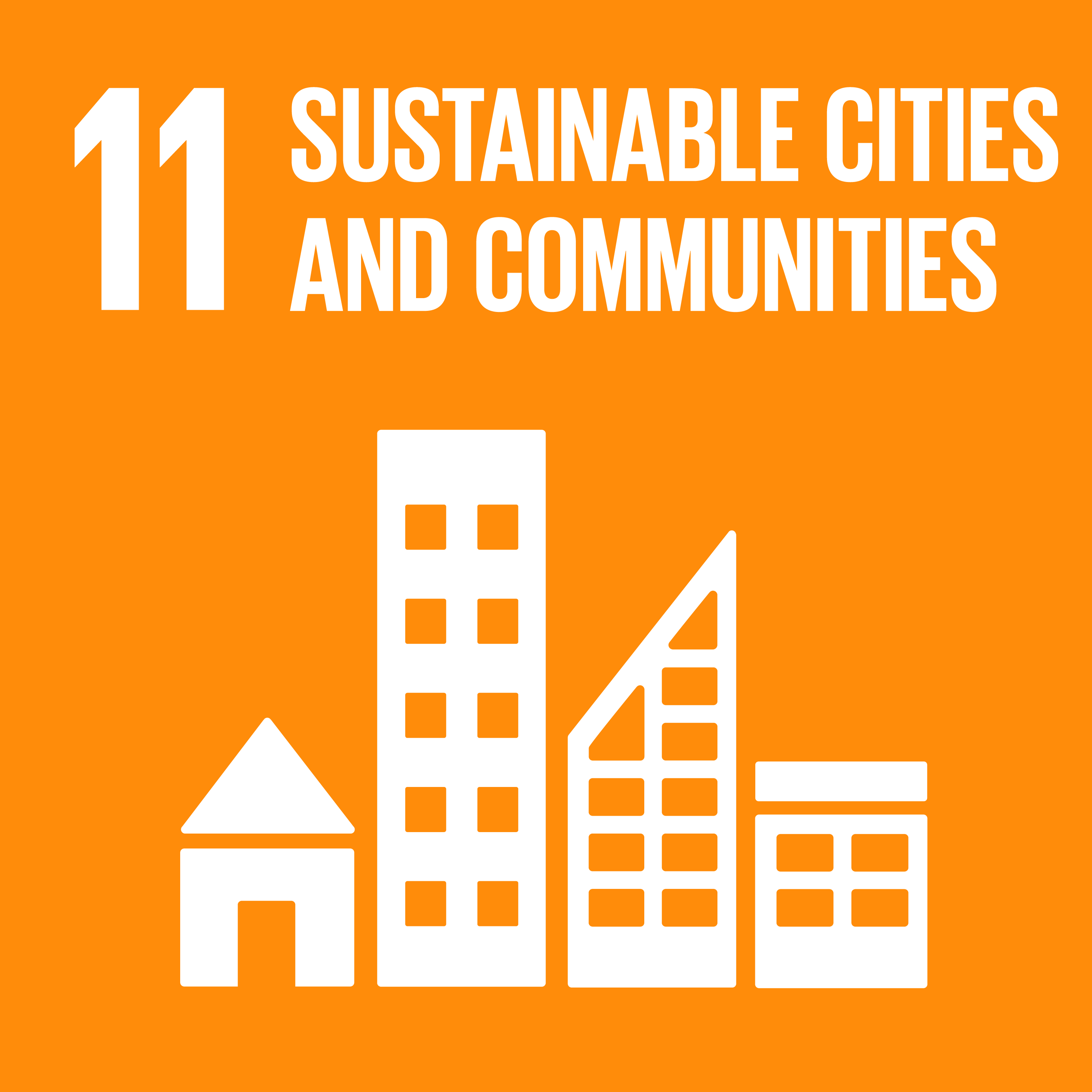
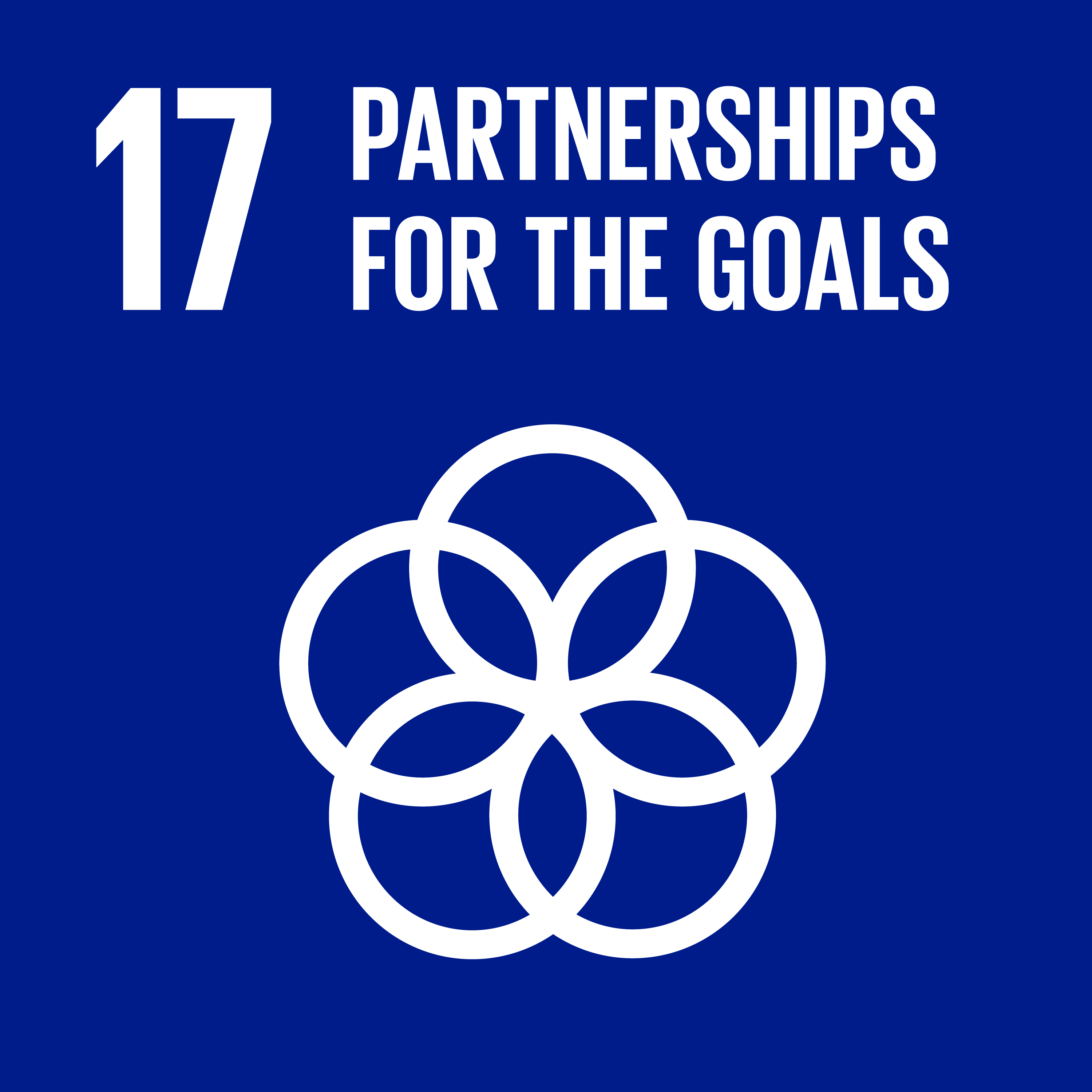
2025-04-10 National University of Kaohsiung (NUK) hosted the event “International Cultural Heritage Conversation — Taiwan-Vietnam Traditional Culture Forum,” inviting two distinguished scholars from Vietnam: Dr. Lâm Nhân, President of Ho Chi Minh City University of Culture, and Dr. Phạm Lan Oanh, Vice President of the Vietnam National Institute of Culture and Arts Studies. Both scholars shared their long-term experiences and insights on historic building restoration, cultural landscape planning, and the preservation and transmission of intangible cultural heritage.
The forum was organized by the Office of International Affairs and held at the end of last month, chaired by Vice-President (Administration) Hsing-Hao Wu. President Chi-Jen Chen attended the event to show his support and shared the achievements of NUK’s faculty and students in the field of cultural heritage preservation, which include spatial research, historic building restoration, cultural landscape design, and innovative applications.
President Chi-Jen Chen spoke about NUK’s involvement in assisting the Kaohsiung City Government with the restoration of the historic site Shoyoen, describing it as a result of the team’s academic expertise and passionate dedication. Since taking on the project in 2008, the team persisted despite limited historical data and the deteriorated condition of the building. After more than a decade of effort, Shoyoen was officially reopened in 2020, successfully reviving its glory. In 2023, the project was honored with the National Cultural Heritage Preservation Award, demonstrating NUK’s outstanding achievements in integrating theory with practical application.
President Chi-Jen Chen emphasized that beyond the restoration of tangible heritage, NUK is also actively engaged in the preservation of intangible cultural heritage. This includes efforts related to early settler communities and cultures such as Houjin in Nanzih (Han people), Wugoushui (Hakka people), and Old Cijia (Paiwan Indigenous group). Through initiatives like the revival of traditional craftsmanship, community-based learning, and cultural interpretation, the NUK helps local communities rediscover their cultural memory and identity, reflecting a strong commitment to respecting and preserving cultural diversity and ancestral wisdom.
In terms of international collaboration, Dr. Lâm Nhân noted that the NUK has actively partnered over the years with universities and research institutions in Southeast Asian countries, including Vietnam, Thailand, and Indonesia. These collaborations explore the influence of local climates on the characteristics of traditional Southeast Asian architecture, the preservation of craftsmanship, and the revitalization of cultural spaces. Joint projects have included topics such as climate-adaptive design for tropical architecture, the preservation of bamboo and wooden construction techniques, and the protection of traditional settlements, thereby fostering cross-border knowledge exchange and mutual benefit in cultural heritage preservation.
In response to new global trends in cultural preservation, Dr. Phạm Lan Oanh emphasized that the field has shifted from a government-led model to one based on community co-governance and cross-sector collaboration. Today, local residents, NGOs, academia, and international partners all take part in the preservation process, transforming it into an inclusive, society-wide effort. She also highlighted the growing role of technology as a key driver, with the application of 3D scanning, digital modeling, virtual reality (VR) exhibitions, and AI-powered interpretation making cultural heritage preservation more interactive and educational.
Vice-President Hsing-Hao Wu stated that the forum deepened collaboration and exchange between Taiwan and Vietnam in the field of cultural heritage preservation, particularly in historic building restoration, intangible cultural heritage protection, and cross-border knowledge sharing. The event showcased the joint achievements of academic and cultural institutions from both sides, laying a solid foundation for future international cooperation and strengthening the Taiwan-Vietnam partnership within the global movement for cultural preservation.
#SDG4 #SDG11 #SDG17 @ Office of International Affairs & Events
